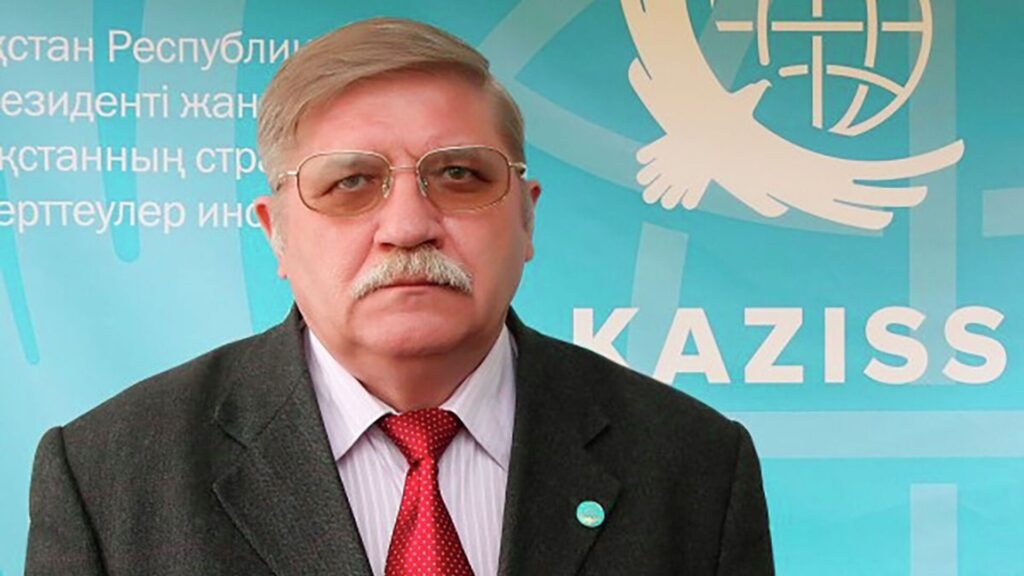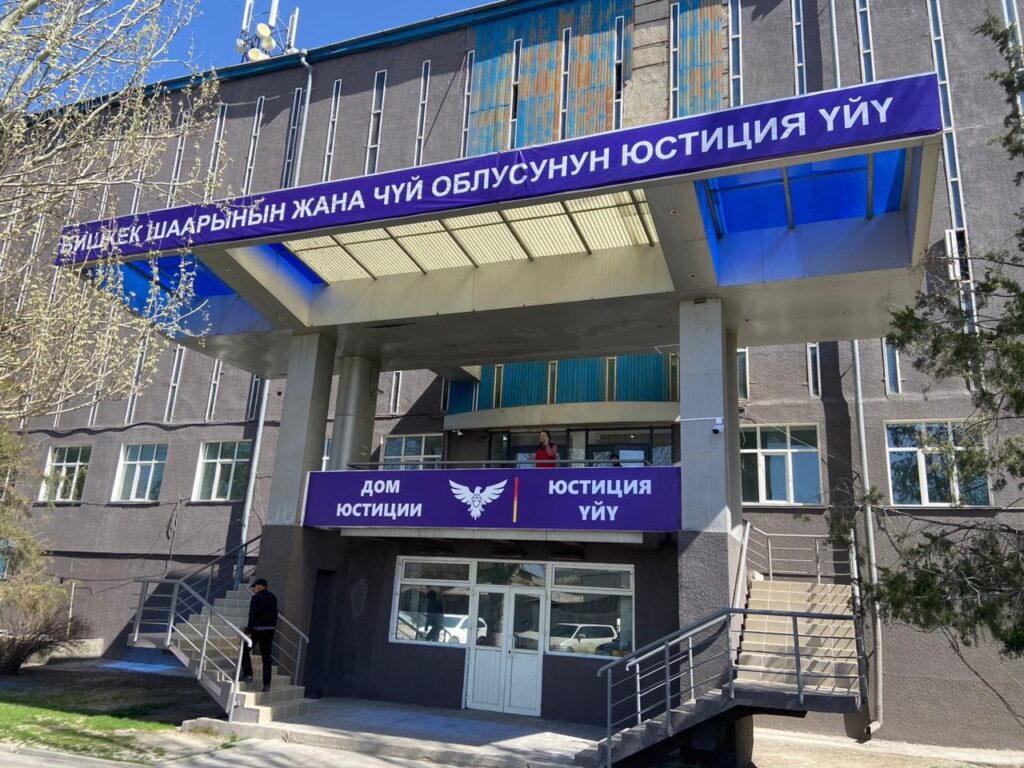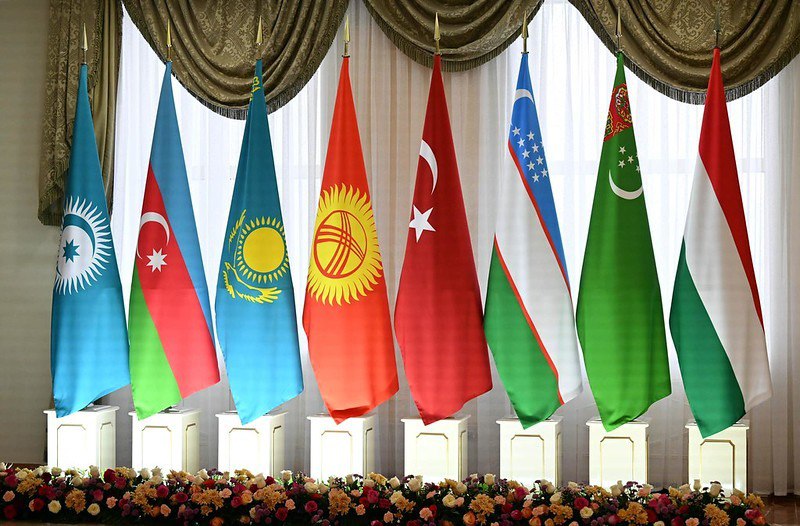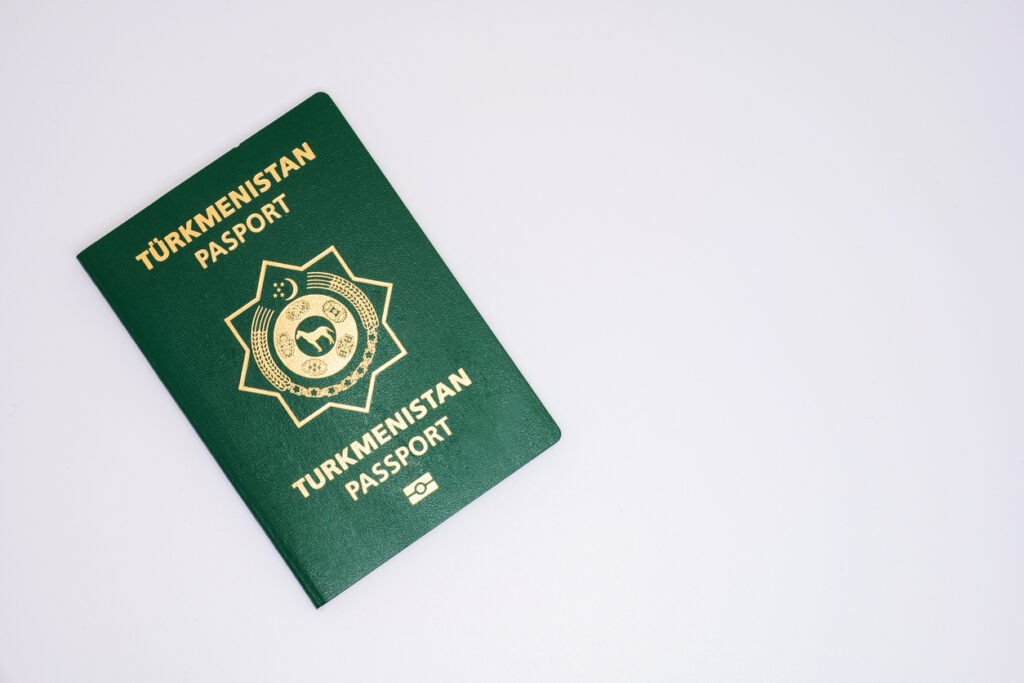Tajikistan to Increase Defense Budget
Tajik authorities plan to increase the 2025 defense, law enforcement, and judiciary budget to 4.7 billion somoni ($446 million); a rise equivalent to $92 million compared to the $354 million spent in 2024. As a percentage, spending on the army and security forces will rise to 2.8 percent of GDP, up 0.2 percent from the previous year. In adherence to the State Secrets Act, data on the breakdown of the budget remains confidential. However, issues concerning the efficient spending of allocated funds have recently come to light. In August 2024, the Agency for State Financial Control and Anti-Corruption reported that over 120 million TJS ($11.3m), intended for clothing and food for servicemen, had been embezzled from the Defense Ministry. In response, a criminal case was opened against 52 suspects, including ministry officials. According to documentation of increased military spending in Central Asia by the Stockholm Institute for Peace Research (SIPRI), in 2023, Tajikistan, Kazakhstan, and Kyrgyzstan's expenditure on defense totalled $1.8 billion. Figures for Uzbekistan and Turkmenistan remain unknown. The growth of the defense budget in the region is due to several factors, and in particular, border conflicts between Central Asian countries, the unstable situation in Afghanistan, and the war in Ukraine which have forced the region's states to strengthen their defense and revise strategic priorities regarding security. Changes in the geopolitical environment have also impacted military expenditure. Whilst Central Asian states previously relied heavily on Russia for security, the number of external partners has increased significantly. Alongside Russia, countries such as Turkey, Iran, Saudi Arabia, the United States, Germany, France, China, and Belarus, are beginning to play an essential role in the region's security. They also supply arms and military equipment. Experts note that increasing defense budgets, while necessary to maintain stability, cannot solve all security-related problems, and for the foreseeable future, political instability and internal factors remain severe challenges for Central Asian countries.






